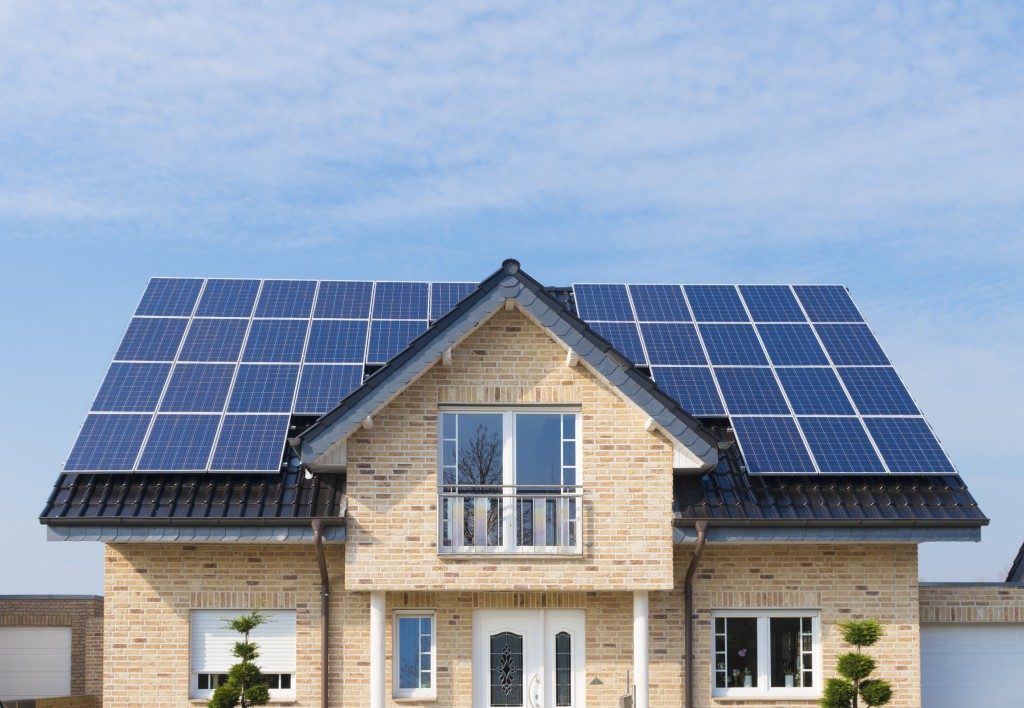With hot days only growing longer, you might have considered installing solar panels in your home. Solar power has been proven to lower energy costs drastically, but you not only enjoy smaller electricity bills. You can use solar power to increase your home’s value and take advantage of a federal tax credit as well.
U.S. Average Increase
Solar power installation is still a home addition. As such, you have to consider if the feature will raise your house’s value or not, especially if you plan to sell your home in the future. According to a Zillow analysis, a solar power system does raise your home’s value. The study noted a 4.1 percent increase in home value on average all over the U.S. That percentage translates to a $9, 274 increase for a $226,300 house.
Study Methodology
These rates come from analyses of home attributes, such as bedrooms and bathrooms. Did the installation of a solar power system boost the value of a home in a specific aspect or in general? The analysts applied this inquiry to homes on sale and already sold between March 1, 2018 and February 28, 2019. The houses either had a solar system or not.
Increase Still Varies by Location
The analysts discovered that the percentage increase can still vary, however. New York, San Francisco, and Orlando saw home value gains at 5.4, 4.4, and 4.6 percent respectively. Other metropolitan and suburban areas can experience different rates, but the study conclusively established that a solar power system always raises a home’s value.
Partial Recovery of Costs
When you purchase and have your solar power unit installed, your costs will mostly go to the solar panels. Solar panels nowadays still cost a considerable amount, and the increase in your home’s value will not cover that cost entirely. Nonetheless, the growth will chip off a chunk off your installation fees.
Solar Tax Credit

In this regard, the federal tax credit can work in your favor. The Bipartisan Budget Act of 2018 re-established tax credits for solar power installation and other sustainable power technologies. You can claim this tax credit as long as you own and occupy the home. The qualified expenditures that you can claim credit on consist of labor, installation, and wiring costs. In case you exceed your tax liability with the credit, you can still carry the excess over to the next taxable year.
Credit Rates
Now, for solar-powered homes, you can expect the following tax credits. When you install this year, you can enjoy a 30 percent credit. When you invest in 2020, you can enjoy 26 percent. Finally, when you install in 2021, you can enjoy 22 percent. Looking at the numbers, your best option then lies in the 2019 solar tax credit. You still have enough time in the year to mull things over.
With the federal solar tax credit, you can easily cover the remaining expenses of the solar system installation, which your home’s value increase failed to pay for. With this, you gain a solid knowledge of the financial benefits that you get from a solar power system.









